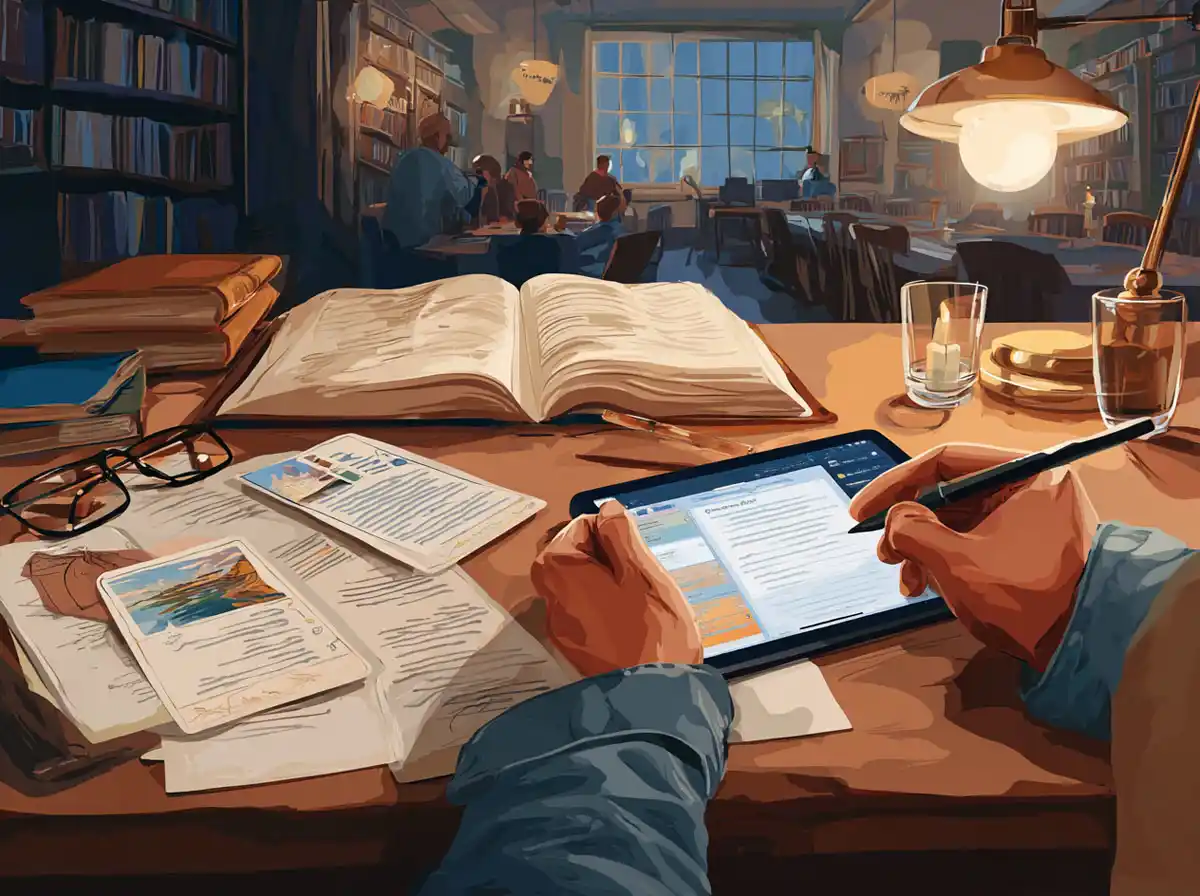Understanding the Importance of Learning the Past Tense in French
The past tense is a crucial part of French grammar that allows speakers to describe actions and events that have already occurred. Without a strong command of the past tense, communication can be limited to the present or future, which restricts the ability to narrate experiences or discuss history.
- Expressing past actions: The most common use of the past tense is to talk about completed actions or events.
- Storytelling: Narrating stories or recounting events requires fluency in past tense forms.
- Cultural understanding: Many French films, books, and conversations use past tense extensively, so understanding it enhances cultural immersion.
- Building advanced language skills: Mastery of past tense verbs is foundational for progressing to more complex tenses and moods.
Given these reasons, learning the past tense is indispensable for any serious student of French.
Different Past Tenses in French: An Overview
French uses several past tenses, each serving different purposes and contexts. The two most commonly used past tenses are the passé composé and the imparfait.
Passé Composé
The passé composé is used to express actions that were completed in the past. It is equivalent to the simple past or present perfect in English.
- Formation: It is formed with the present tense of the auxiliary verbs avoir (to have) or être (to be), followed by the past participle of the main verb.
- Usage examples: J’ai mangé (I ate/I have eaten), Elle est allée (She went).
- Common verbs using être: Verbs of motion and reflexive verbs typically use être.
Imparfait
The imparfait is used to describe ongoing or habitual past actions, background details, or states of being.
- Formation: Take the nous form of the present tense, remove the -ons ending, and add imparfait endings (-ais, -ais, -ait, -ions, -iez, -aient).
- Usage examples: Je mangeais (I was eating/I used to eat), Il faisait beau (The weather was nice).
- Context: Descriptions, repeated past actions, or setting the scene.
Other Past Tenses
While passé composé and imparfait are the most practical for learners, advanced students may also encounter:
- Plus-que-parfait: Expresses an action completed before another past action.
- Passé simple: A literary tense, mostly used in formal writing and literature.
- Passé récent: Used to describe actions that just happened.
How to Learn French Past Tense with Alexa Using Talkpal
Talkpal leverages Alexa’s voice recognition technology to provide an interactive and immersive learning experience focused on mastering the past tense in French. Here’s how you can benefit:
Interactive Voice Practice
Learning french with Alexa past tense involves speaking and listening exercises that simulate real conversations, helping you practice pronunciation and sentence construction naturally.
- Alexa prompts you with questions or sentences in the past tense.
- You respond using the correct verb forms.
- Immediate feedback is provided to help you correct mistakes.
Contextual Learning
Talkpal integrates past tense lessons into everyday contexts such as:
- Describing past events
- Storytelling scenarios
- Role-playing conversations
This contextual approach enhances memory retention and practical usage skills.
Customized Learning Path
Talkpal adapts to your proficiency level, gradually increasing the complexity of past tense structures as you improve, ensuring steady progress without overwhelming you.
Additional Features
- Repetition and spaced learning schedules to reinforce memory
- Vocabulary building exercises related to past tense verbs
- Progress tracking and personalized feedback
Tips for Mastering French Past Tense with Alexa and Talkpal
To make the most of learning french with Alexa past tense, consider these practical tips:
- Practice daily: Consistency is key to internalizing verb conjugations and usage.
- Repeat aloud: Speaking reinforces pronunciation and fluency.
- Use flashcards: Combine Talkpal practice with flashcards for irregular past participles.
- Engage in storytelling: Try narrating your day or past experiences using past tense verbs.
- Ask for feedback: Utilize Alexa’s corrective responses to adjust mistakes early.
- Supplement with grammar resources: Use grammar guides alongside Talkpal for deeper understanding.
Common Challenges and How Talkpal Helps Overcome Them
Learning the past tense in French presents several challenges, particularly for English speakers.
Irregular Verbs
Many French verbs have irregular past participles that don’t follow standard rules.
- Example: avoir → eu, être → été, faire → fait.
- Talkpal’s solution: Interactive quizzes and repeated exposure help you memorize irregular forms.
Choosing Between Passé Composé and Imparfait
The distinction between these two past tenses can be confusing.
- Passé Composé: Completed actions.
- Imparfait: Ongoing or habitual past actions.
- Talkpal’s solution: Contextual exercises guide you on when and how to use each tense correctly.
Pronunciation and Accent
Pronouncing past tense endings and liaison can be tricky.
- Talkpal’s solution: Alexa’s voice feedback helps you perfect your pronunciation in real-time.
Enhancing Your French Past Tense Skills Beyond Talkpal
While Talkpal and Alexa provide a powerful platform for learning french with Alexa past tense, supplementing your studies with additional resources can accelerate your progress:
- French movies and series: Watch with subtitles to hear past tense usage in context.
- Reading French books and articles: Identify past tense verbs to reinforce recognition.
- Language exchange partners: Practice storytelling and conversations focused on past events.
- Online grammar exercises: Websites like Lawless French or FluentU offer targeted practice.
Conclusion
Mastering the French past tense is indispensable for effective communication and cultural immersion. Learning french with Alexa past tense through Talkpal offers a dynamic and interactive way to conquer this essential aspect of grammar. By combining voice technology, personalized lessons, and contextual practice, Talkpal empowers learners to confidently use past tense verbs in everyday conversations. With consistent practice, real-time feedback, and supplementary resources, you’ll be well on your way to narrating your experiences in French like a native speaker.










